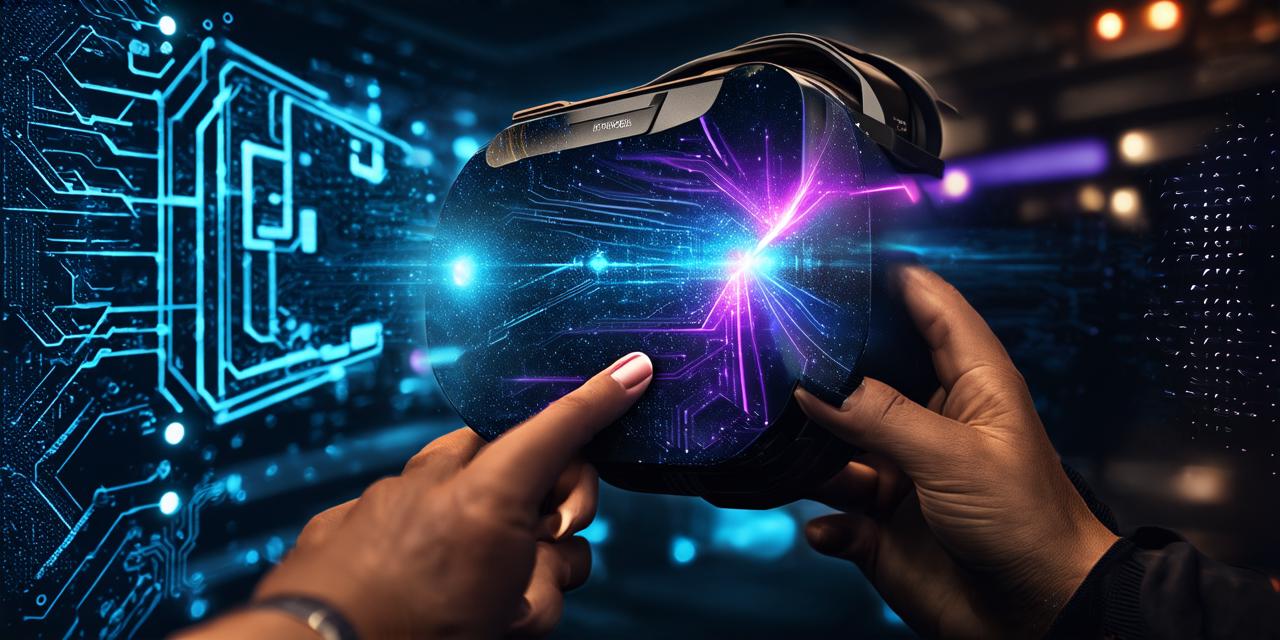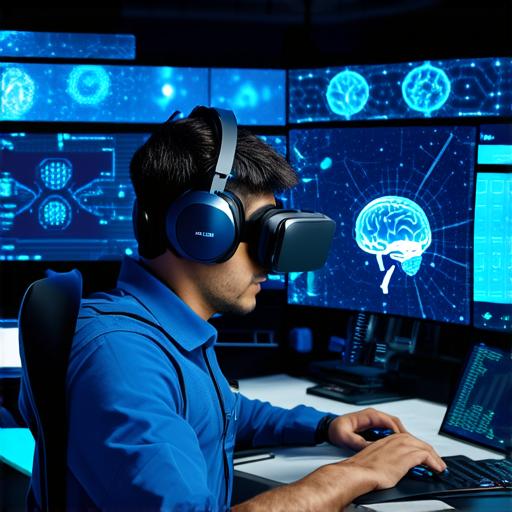
What duties does a virtual reality engineer have?
Virtual reality (VR) is rapidly becoming an increasingly popular technology, and virtual reality engineers are at the forefront of this exciting field. As the demand for VR experiences continues to grow, so too does the need for skilled engineers who can design, develop, and maintain these immersive and interactive environments.
Designing Virtual Environments
One of the primary responsibilities of a virtual reality engineer is to design virtual environments that are engaging, immersive, and intuitive for users. This involves creating 3D models of objects and characters, designing textures and lighting, and programming interactive elements such as doors, switches, and buttons. Engineers may also be responsible for designing the overall layout and flow of a virtual environment, ensuring that it is easy to navigate and provides a seamless user experience.
Developing Virtual Reality Software
Virtual reality engineers often work closely with programmers and developers to create software that powers VR experiences. This might involve developing algorithms for tracking movement in virtual space, creating algorithms for rendering 3D graphics, or designing user interfaces for VR devices. Engineers may also be responsible for integrating virtual reality software with other systems such as game engines or content management systems.
Testing and Debugging Virtual Reality Experiences
Virtual reality experiences can be complex and intricate, and even the smallest glitch or error can ruin the user’s experience. As a result, virtual reality engineers often spend a significant amount of time testing and debugging their creations to ensure that they are functioning properly and providing an enjoyable user experience. This may involve running simulations and tests, troubleshooting errors, and making adjustments based on user feedback.
Collaborating with Teams
Virtual reality projects often require collaboration between engineers, designers, programmers, and other members of a development team. Virtual reality engineers must be able to communicate effectively with these team members to ensure that everyone is working towards the same goals and that the final product meets the needs of both the client and the end user. This may involve participating in meetings, creating project plans, and providing feedback on design decisions.
Staying Up-to-Date with Industry Trends
Virtual reality technology is constantly evolving, and virtual reality engineers must stay up-to-date with the latest trends and developments in the field to remain competitive. This may involve attending conferences and workshops, reading industry publications, and staying active on social media platforms such as LinkedIn or Twitter. Engineers may also be responsible for researching new technologies and techniques that could improve the performance or user experience of their creations.
Case Study: Virtual Reality Engineering at Epic Games
Epic Games is a leading developer of virtual reality technology, best known for creating popular games such as Fortnite and Unreal Engine. At Epic Games, virtual reality engineers work closely with designers, programmers, and other members of the development team to create immersive and engaging VR experiences. Some of the duties that virtual reality engineers at Epic Games might have on any given day include designing virtual environments, developing software for VR devices, testing and debugging VR experiences, and collaborating with teams to ensure that projects are delivered on time and within budget.
Conclusion

Virtual reality engineering is a rapidly growing field that requires a combination of technical skills, creativity, and communication abilities. Virtual reality engineers must be able to design engaging virtual environments, develop software for VR devices, test and debug experiences, and collaborate with teams to ensure the success of their projects. By staying up-to-date with industry trends and continuing to hone their skills, virtual reality engineers can play a critical role in shaping the future of this exciting technology.


